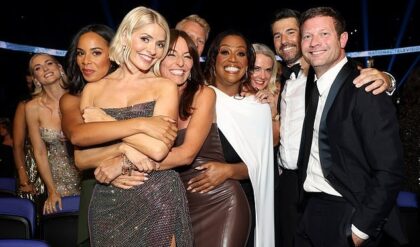
Created by Rob Thomas and featuring one of Bell’s most memorable performances, the 2004 series follows the young private eye as she investigates various crimes and clients in the fictional town of Neptune, California, frequently coming into conflict with her classmates at Neptune High in the process. Featuring an iconic theme by The Dandy Warhols that’s just dripping with mid-2000s angst and a setting that can’t help but evoke nostalgia for the turn of the century, Thomas’ show perfectly blends the heightened drama of high school with the dangerous tension of great television, forcing Veronica to navigate her relationship with Jason Dohring’s Logan Echolls while also solving her best friend’s (Amanda Seyfried) murder. Over the course of the show’s four seasons, Veronica’s personal conflicts only grow as her investigations lead her deeper into the darkest parts of human nature, resulting in a unique series unafraid to tackle issues still plaguing America today.
‘Veronica Mars’ Has a Long, Complicated Legacy on Television
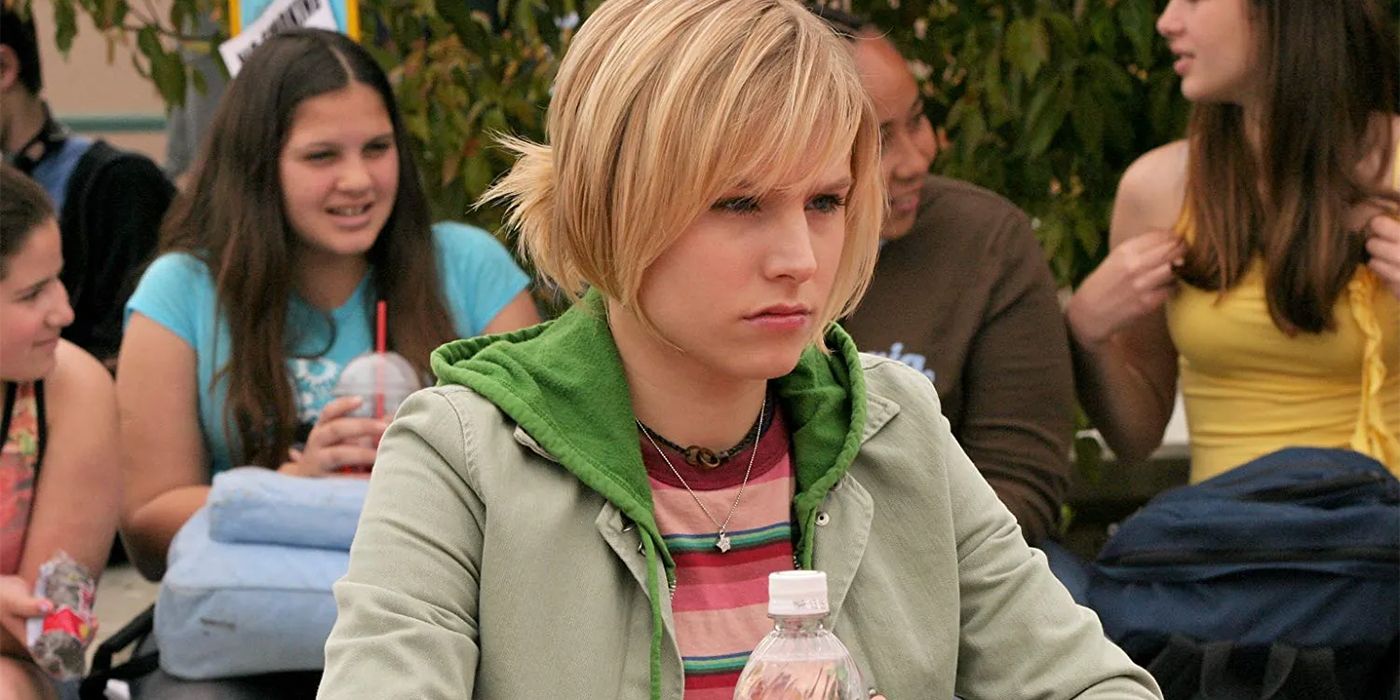
Unfortunately, despite the series’ thrilling premise, dedicated cast, and atmosphere of constant intrigue, Veronica Mars’ original run was still plagued by persistent problems. Before a series of revivals delivered the show’s dedicated fandom their hard-won continuation, Bell’s formative television outing was cancelled after just three seasons in 2007, having suffered from low ratings throughout its early episodes. As the show’s first two seasons aired on the ill-fated UPN Network, this official cancellation came from The CW, and it would take nearly a decade after the premiere of Veronica Mars’ first episode for the wise-cracking detective to continue her story. Thankfully, a crowdfunded Kickstarter campaign enabled Thomas and Bell to fund a Veronica Mars movie in 2014, demonstrating the power of the show’s fandom and connection to the series’ characters.
When the late 2010s began the streaming age in earnest, Veronica Mars once again rose from the ashes to debut a fourth season on Hulu, the series’ final revival which offered a divisive epilogue to the otherwise acclaimed series. Presenting fans with fewer episodes than any of the original seasons, Season 4’s most controversial moment unfolds at its very end, as a car bomb placed by Patton Oswalt‘s villain shockingly kills Logan, undermining Veronica’s recent happiness with her longtime boyfriend and marking a dark end to the character’s long road to redemption. With the subsequent announcement that there were no plans for Veronica Mars Season 5, the world that followed many viewers into adulthood seemed to have come to a bitter conclusion. However, there’s still plenty to love about one of Bell’s most iconic TV series
Kristen Bell Tackles Themes That Are Still Relevant in ‘Veronica Mars’
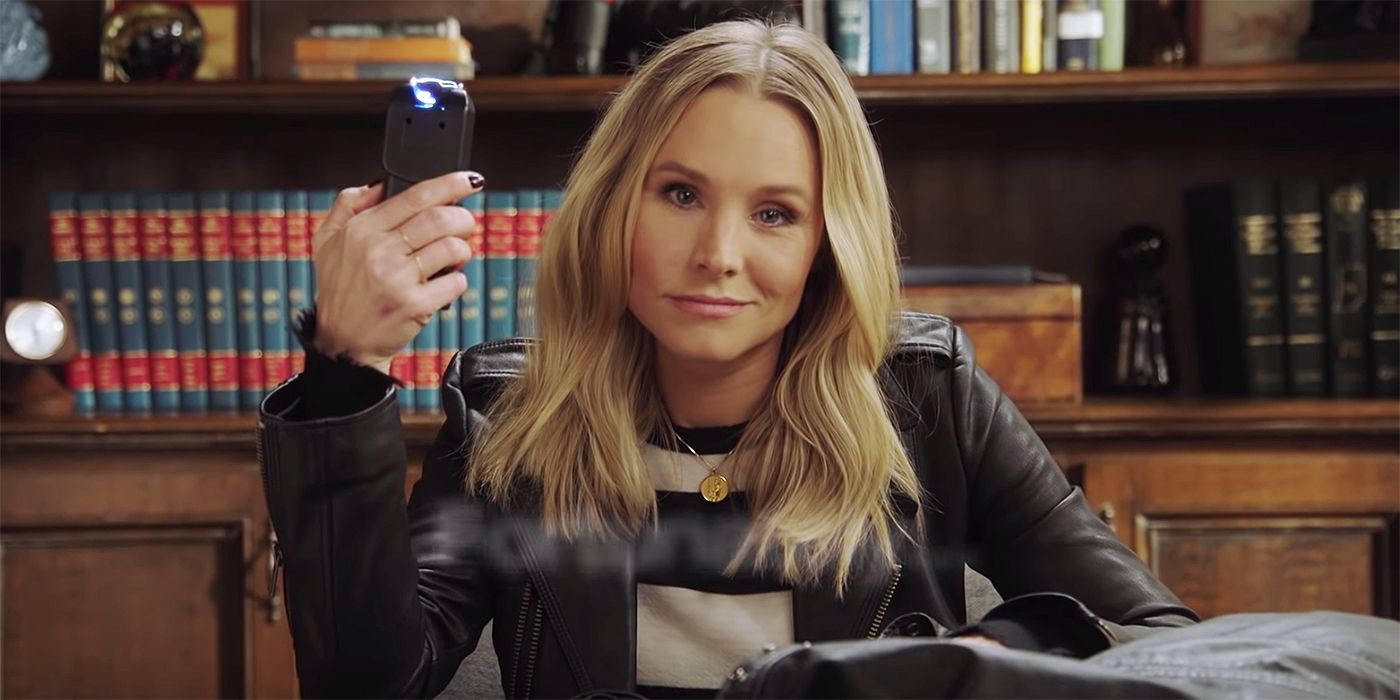
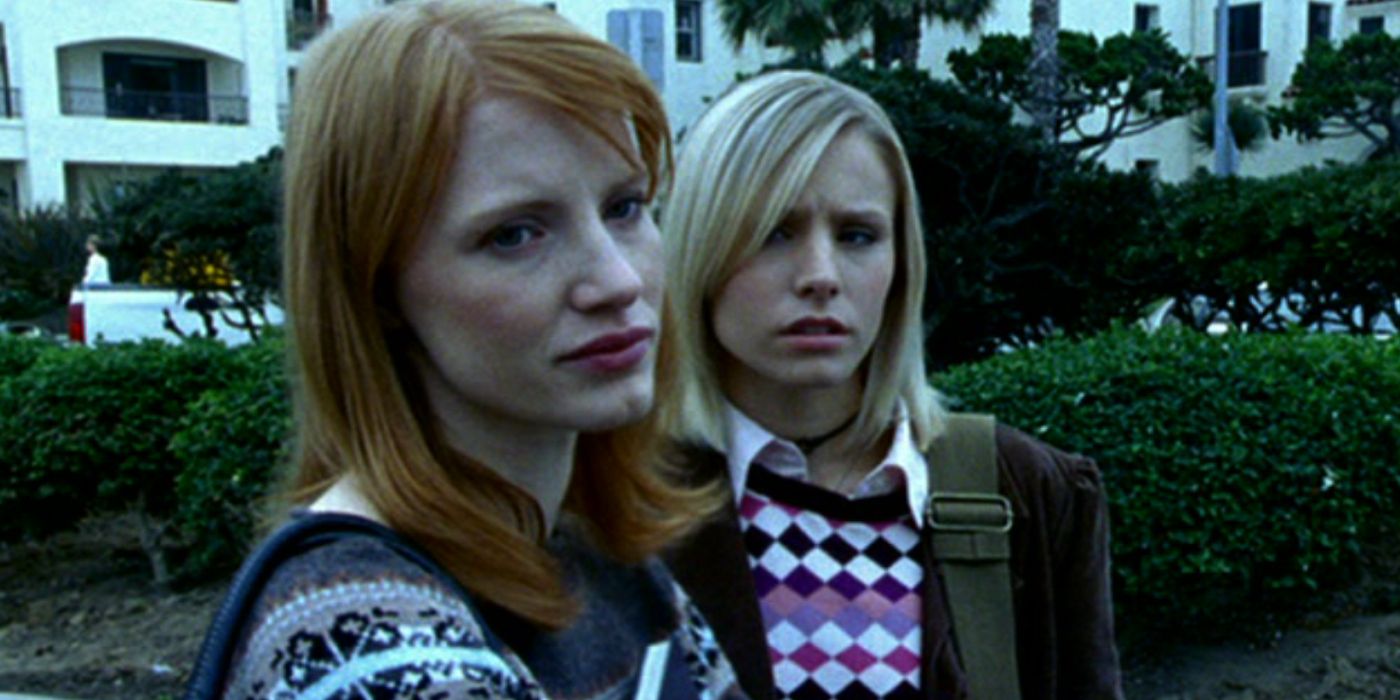
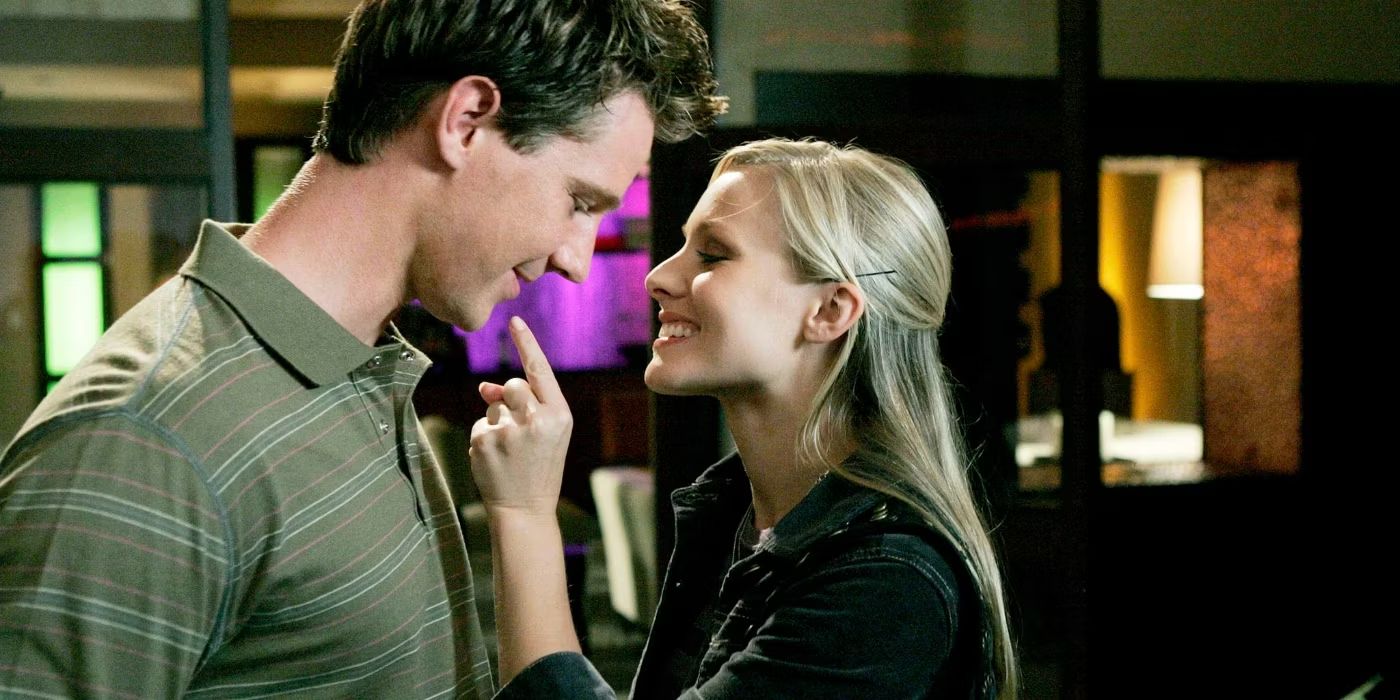







Aside from its witty lead, what makes Veronica Mars so satisfying is the show’s willingness to tackle heavy, highly important themes. From its handling of Veronica’s assault at the hands of Cassidy Casablancas (Kyle Gallner) throughout its first two seasons to depicting rape culture on college campuses in Season 3, Thomas’ series doesn’t shy away from exploring personal trauma and the failure of social systems. The show retains this strong social focus throughout its runtime, contrasting the privileges of Neptune’s wealthy 09ers with the plight of Neptune’s less fortunate locals like Weevil (Francis Capra). What’s more, with Adam Scott‘s appearance halfway through Season 1 as a predatory high school teacher and Steve Guttenberg‘s turn as Neptune’s short-lived, pedophilic mayor, Veronica Mars distinguishes itself from Kristen Bell’s lesser-known shows through its commitment to depicting all different shades of evil.
In many cases, the storylines Veronica Mars portrays have only become more important today. After it is revealed that Logan’s high-profile father (Harry Hamlin) murdered Veronica’s best friend, the character’s struggle with paparazzi offers audiences insight into the dangerous media landscape of mid-2000s gossip culture. This toxic perspective has been increasingly scrutinized since the public re-emergence of celebrities like Britney Spears. In Season 2, Episode 21, “Happy Go Lucky,” the series portrays a school shooting when Lucky (James Jordan), an Iraqi war veteran and victim of Guttenberg’s Woody Goodman, pulls a gun in Neptune High’s cafeteria, depicting what would continue to become a familiar tragedy for the next generation of students to watch the series.
Even when Bell’s title character isn’t involved with her investigations, the series takes advantage of its time period to create especially foreboding plot points that reinforce its central themes. In Season 3, for instance, Veronica and her boyfriend, Piz (Chris Lowell), are victims of revenge porn when they are videotaped having sex without their consent, an intrusive, infuriating digital footprint that Veronica’s old enemies still use to haunt her in 2014. And while Veronica’s father (Enrico Colantoni) is eventually able to help his daughter combat the wealthy secret society that appropriated her intimacy, the pair’s Nancy Drew-inspired dynamic in Veronica Mars doesn’t take away from the relevancy of a crime that has only grown more dangerous in the digital age.
‘Veronica Mars’ Marked the Start for Countless Future Stars
On the bright side, Thomas’ series is insightful in a more positive way as well. While the series’ dark subject matter testifies to its brave creative choices and skill at capturing the enduring ills of society, Veronica Mars’ casting also possessed great foresight by placing its faith in a generation of actors who would go on to achieve even greater success in the future. While Kristen Bell would go on to become one of Disney’s most iconic voice actors for her role in Frozen, two future fixtures of Marvel’s superhero universe, Krysten Ritter and Tessa Thompson, also appeared frequently in the series, with Ritter playing Woody Goodman’s daughter, Gia, in a bubbly departure from her irascible tenure as Netflix’s Jessica Jones.
A younger Jessica Chastain likewise features prominently in one of the darkest episodes of Veronica Mars Season 1, “The Girl Next Door,” as Sarah Williams, a woman whose pregnancy holds a bitter secret, and Max Greenfield of New Girl fame appears as Sheriff’s deputy Leo D’Amato, Veronica’s brief love interest before she commits to Logan. Of course, no show ages perfectly, and Veronica Mars is no different. In particular, the series’ flippant, at times insensitive handling of LGBTQ+ issues certainly invites further consideration, and occasionally Veronica herself engages in victim-blaming behavior that is not always suitably resolved. That said, the show’s shortcomings don’t negate its relevance to the present, and all four of the series’ hard-fought seasons still represent struggles that have become increasingly relatable in today’s society.
